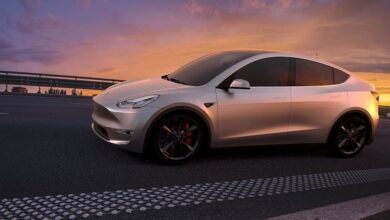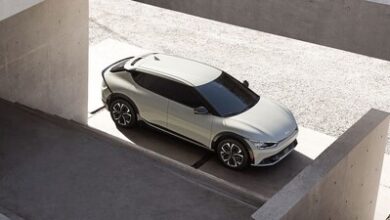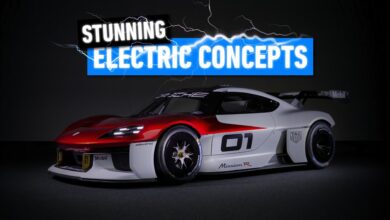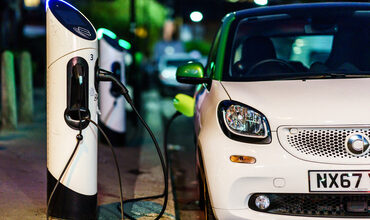Tesla China wins lawsuit against Model 3 “brake failure” protester

Tesla China has secured a first trial win in its lawsuit against a Model 3 owner who conducted a dramatic protest at the 2021 Shanghai Auto Show. Ms. Zhang, the Model 3 owner in question, was ordered by the Shanghai Qingpu District People’s Court to apologize to the electric car maker and pay RMB 172,275 (over $23,000) in damages.
Tesla China’s win against Ms. Zhang represents a notable development in the three-year-old lawsuit. During the 2021 Shanghai Auto Show, Ms. Zhang, wearing a shirt that read “Brake Failure,” climbed atop a Model 3 being showcased at the event and claimed that Tesla’s vehicles were faulty. The protest attracted international media coverage, and Tesla critics took the protest as proof that the company’s electric vehicles were indeed flawed.
As noted in a report from CNEV Post, Ms. Zhang’s father was involved in a collision while driving a Model 3 in April 2021. She claimed that issues with the Model 3’s brakes caused the accident. However, a police investigation concluded that the driver was responsible for the incident since he failed to maintain a safe distance. Ms. Zhang disputed these findings and continued to allege that the Model 3’s brakes failed.
As Ms. Zhang fought the police investigation’s findings, she did not present any data supporting her claims that her Model 3 experienced a brake failure. As per local media publication The Paper, Ms. Zhang admitted at trial that her brake failure claims were subjective. The ruling noted that she also did not apply for a judicial appraisal of whether the vehicle’s brakes failed.
“Not only did (Ms. Zhang) not pay attention to using objective and pertinent words when she made public statements, but she deliberately chose the media day of the Shanghai Auto Show to go to the Tesla booth area, made and wore a T-shirt with the words ‘brake failure’ printed on it in advance, climbed on the roof of the exhibition car and shouted ‘Tesla brake failure,’ deliberately using the on-site media to quickly and widely spread the unverified information. Her words and deeds clearly had the subjective intention and fault to discredit the reputation of Tesla Shanghai,” The Paper noted in its report.
Tesla, for its part, noted in its complaint against Ms. Zhang that her protest constituted defamation due to a lack of evidence. The court agreed with the electric vehicle maker, with the judgment stating that Ms. Zhang’s actions were rashly carried out without any objective basis to prove her brake failure claims. The court also rejected Ms. Zhang’s defense that she was not subjectively at fault in the incident.
Don’t hesitate to contact us with news tips. Just send a message to simon@teslarati.com to give us a heads up.



